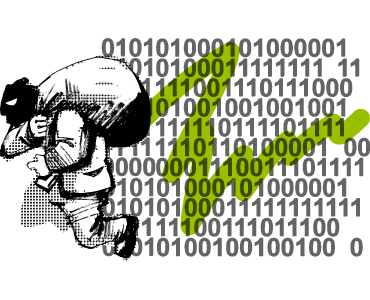SELF-PACED ONLINE COURSE
A demo version of the GFCE KM course
Cybersecurity Knowledge Modules

Welcome to the GFCE Knowledge Modules! They are aimed at increasing the understanding of African stakeholders of the value of cyber capacity building and providing valuable information of relevance for their country/region. The KMs cover but are not limited to key areas aligned to the Global Forum on Cyber Expertise’s (GFCE) Global Agenda for Cyber Capacity Building: Cyber security policy & strategy, Incident management & infrastructure protection, Cybercrime, Cyber security culture & skills, and Cyber security standards.
The KMs and their components can be used for both self-paced online courses and repositories, and face-to-face events and webinars. In addition to background text, the KMs include visuals, video material, reflection points and other interactive elements that provide a foundation for understanding cybersecurity.
Below you can explore nine self-contained modules, which contain links to other KMs where deemed necessary.
(strategy to policy)

